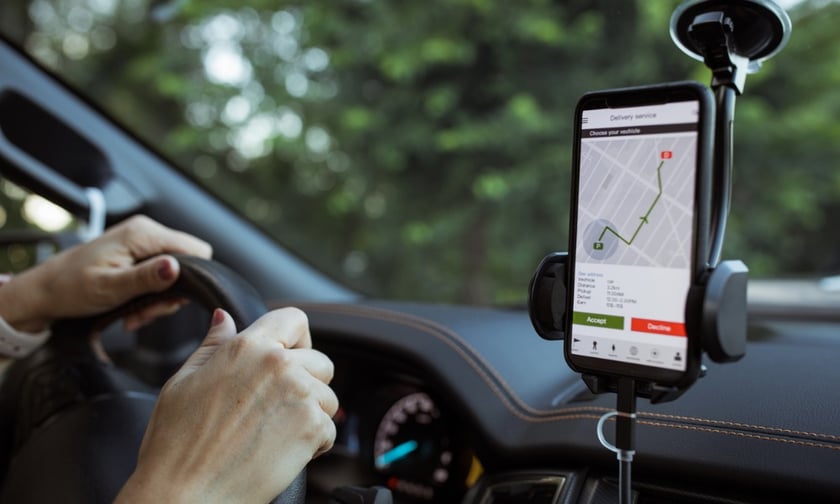

The rapid expansion of the sharing economy, which includes businesses operating through digital platforms to connect consumers and service providers, is reshaping industries while introducing significant insurance challenges.
This sector, often referred to as the gig or on-demand economy, has grown to a total value of $150 billion and is projected to reach nearly $800 billion by 2031. The rise of companies such as Uber, Airbnb, and TaskRabbit has created new opportunities for consumers and providers but has also raised questions about liability and insurance coverage.
Gary Grindle, executive vice president at Amwins, noted that the COVID-19 pandemic accelerated growth in some sharing economy segments, such as food delivery. Uber Eats, for example, saw a 30% increase in customers during the pandemic, accompanied by an influx of new drivers.
However, this growth has brought new insurance considerations, particularly as regulatory changes impact the classification of workers and potential liabilities for platform operators.
The classification of workers as independent contractors or employees under the Fair Labor Standards Act (FLSA) has been a long-standing debate in the sharing economy. Independent contractors do not receive benefits such as minimum wage guarantees, overtime pay, or unemployment insurance, reducing costs for platform operators.
Companies such as Uber have argued that their role is to connect service providers with consumers, rather than employing those providers directly.
Grindle explained that a 2024 Department of Labor rule has made it more difficult for companies to classify workers as independent contractors. This shift could increase liability for sharing economy brands, as platform operators may be held more accountable for the actions of their service providers.
For instance, when drivers fail to follow road rules or a worker-customer interaction results in a claim, the financial responsibility could shift toward the platform.
If service providers remain classified as independent contractors, consumers and service providers involved in disputes may face challenges. Grindle pointed out that service providers often lack adequate insurance coverage or financial resources, leaving the consumer to pursue claims against the platform operator. Conversely, service providers with claims against consumers may be financially unable to pursue those claims without platform support.
For sharing economy businesses involving vehicles, telematics technology is emerging as a potential solution for managing liability. This technology uses sensors, often integrated into mobile applications, to track driver behaviors such as distance traveled, destination points, and driving quality. Grindle said that telematics data can be used to generate safety scores for individual drivers, which can then inform customized insurance solutions.
“Ridesharing companies can take advantage of a customized insurance solution that is integrated into the insured’s driver application,” Grindle said.
By linking premiums to individual or aggregate safety scores, companies can better align insurance costs with actual performance and usage. Features like monthly retrospective rating and real-time dashboards allow businesses to identify and coach unsafe drivers, potentially reducing overall risk exposure
As the sharing economy grows and regulatory frameworks evolve, platform operators must adapt their insurance strategies to address emerging risks. Grindle emphasized that technology-driven solutions, such as telematics, can provide businesses with greater control over underwriting and liability.
These developments may help sharing economy companies navigate the complexities of insurance while managing costs and protecting stakeholders.
“The sharing economy is complex and challenging to navigate, but Amwins has the know-how and market access to match your clients with the carrier and coverage they need,” Grindle said.
What are your thoughts on this story? Please feel free to share your comments below.
